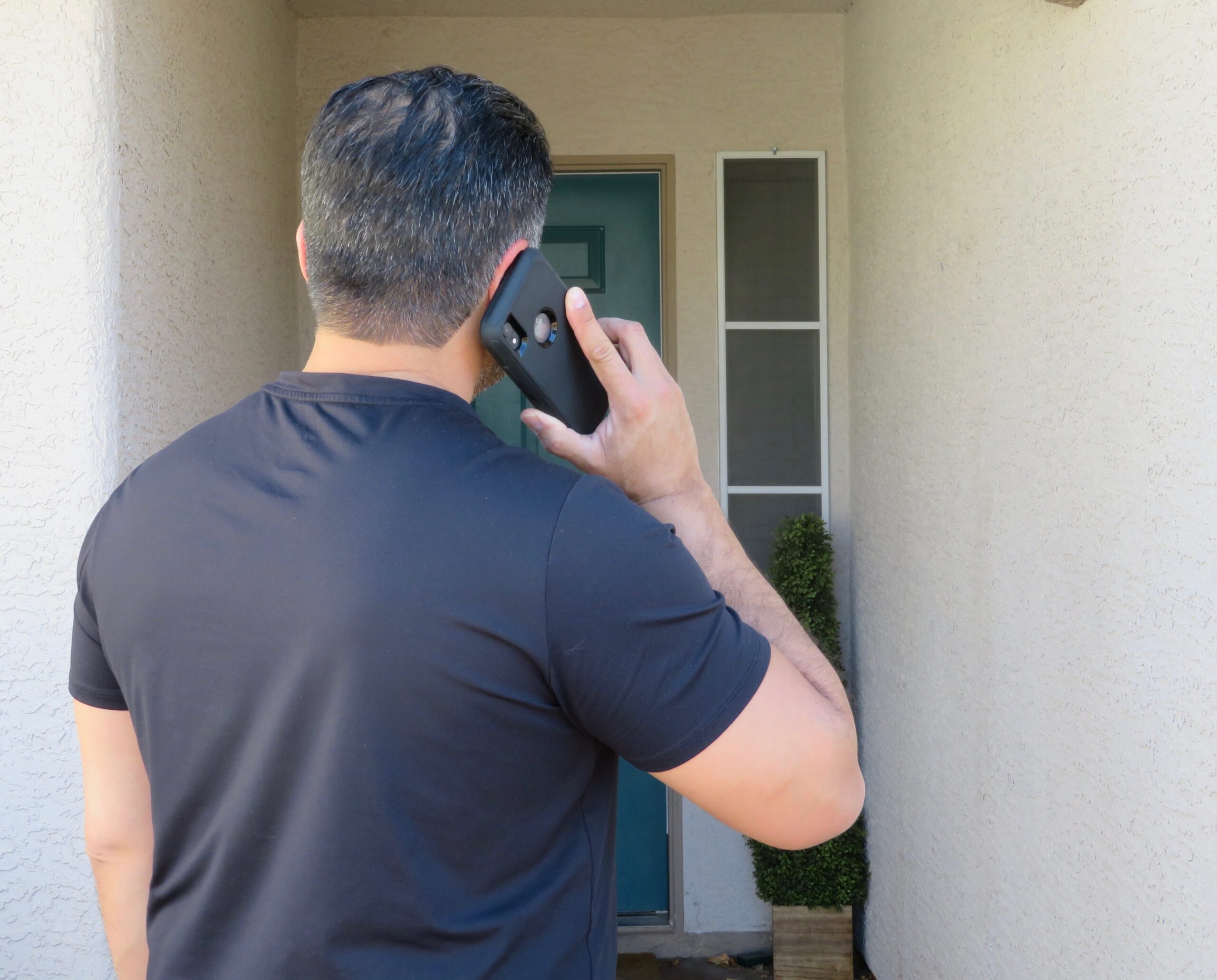
Robocalls have become a ubiquitous nuisance in today’s digital age. They disrupt our lives, interrupt our routines, and sometimes even pose serious threats to our privacy and security. In this article, we will delve into the world of robocalls, with a particular focus on the infamous “412-690-0001” robocall. We will explore what these calls are, the legal implications, their impact on individuals, and the technological solutions and precautions that can help us combat them effectively.
Understanding 412-690-0001
“412-690-0001” is not just a random series of numbers. It represents one of the many robocalls that individuals across the country receive daily. These calls often share certain characteristics: automated voices, unsolicited messages, and a persistent urge to get us involved in various schemes or scams.
Legal Implications of Robocalls
Robocalls exist in a gray area when it comes to legality. The Telephone Consumer Protection Act (TCPA) has regulations in place to prevent unsolicited calls, but the enforcement of these laws can be challenging. Understanding the legal framework is crucial in dealing with robocalls.
Impact on Individuals
Receiving robocalls can take a toll on an individual’s emotional and psychological well-being. The constant intrusion can lead to frustration, stress, and even anxiety. It’s essential to explore ways to protect oneself from this harassment.
Technological Solutions
Technology offers a ray of hope in the battle against robocalls. There are call-blocking apps and features that can significantly reduce the number of unwanted calls. We’ll examine these options in detail.
Reporting and Blocking 412-690-0001
If you’ve been a victim of “412-690-0001” or any other robocall, knowing how to report them is crucial. Additionally, we’ll provide step-by-step instructions on how to block this specific number, offering relief from its relentless calls.
The Role of Mobile Carriers
Mobile carriers have recognized the severity of the robocall problem. They now provide services and features to protect their customers from these intrusive calls. We’ll explore the measures taken by carriers to ensure a better calling experience.
Scams and Frauds Associated with Robocalls
Robocalls are often linked to scams and fraudulent activities. We’ll delve into the common scams associated with these calls and provide tips on avoiding falling victim to them.
The Need for Public Awareness
Public awareness is a potent weapon against robocalls. We’ll emphasize the importance of educating the public about these calls and discuss how campaigns and community efforts can make a difference.
Robocalls and Your Privacy
Your privacy can be at risk when dealing with robocalls. We’ll examine the potential dangers and offer guidance on how to protect your personal information.
Government Initiatives
Government agencies like the Federal Trade Commission (FTC) are actively involved in combating robocalls. We’ll provide an overview of their efforts and the impact they’ve had so far.
Case Studies
Real-life examples can help us understand the severity of the robocall problem. We’ll look at cases where individuals were affected by “412-690-0001” and discuss the outcomes of reported cases.
412-690-0001: Tips for Businesses
Businesses have a role to play in preventing unethical robocall practices. We’ll provide tips on how businesses can maintain ethical communication with customers and avoid using robocalls unethically.
412-690-0001: Alternative Communication Methods
In the age of robocalls, there are alternative communication methods that businesses and organizations can explore. We’ll discuss these methods and how they can maintain strong customer relationships without resorting to automated calls.
Conclusion: 412-690-0001
In conclusion, the “412-690-0001” robocall is just one example of the widespread robocall problem. It’s essential to address this issue collectively. Individuals need to protect themselves, businesses need to act ethically, and regulators need to enforce laws effectively. Together, we can reduce the annoyance and potential harm caused by robocalls.






